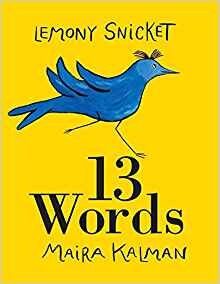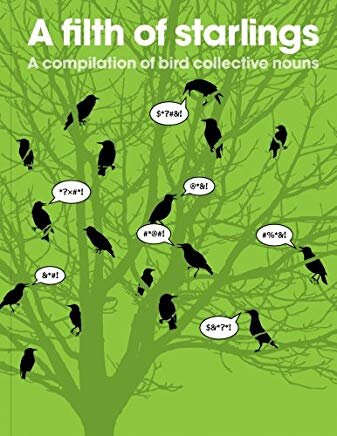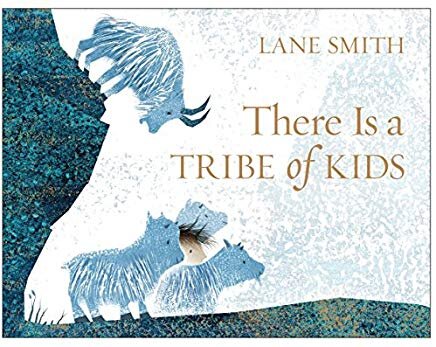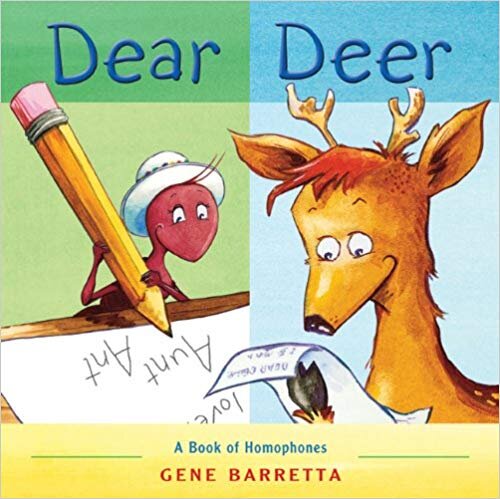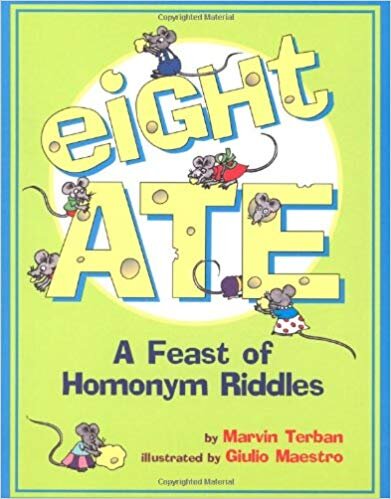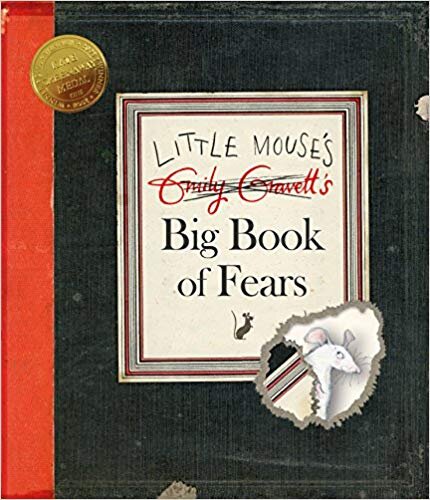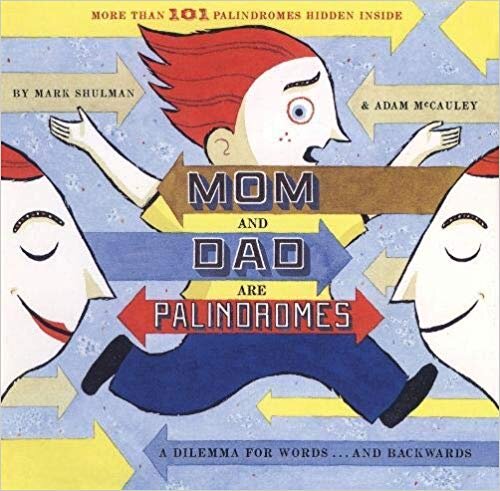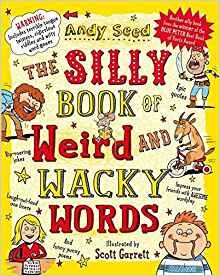Vivacious Vocabulary: books to support playful vocabulary learning
In this article I share some of the children’s books I take to schools when training teachers and TAs about vocabulary.
To know a word well requires:
“Rich, decontextualised knowledge of a word’s meaning, its relationship to other words, and its extension to metaphorical uses.”
Beck, McKeown, & Omanson (1987)
The quotation above finds its way into all the vocabulary training that I do. To me it sums up what word learning is all about – thorough understanding of the definition, an understanding of how the word is a synonym, antonym, homonym or morphological relative of other words and then the ability to take that word, play with it and take it out of the literal sphere and use it for different effects. In training, and here on the Primary English blog, I’ve written about the importance of a planned, systematic approach to language learning. But I’ve asserted long and hard that a playful approach to language learning is also essential. A love of jokes, puns and wordplay lays the foundations for extending language into metaphorical uses.
So where am I going here? Well to the pleasurable pursuit of reading books that play with language. These are not books that I’d necessarily build into units of work, although there’s no reason why this could not be done. These are books that I think should populate every classroom library. Books where language learning is inherently joyful and entertaining.
Let me tell you a little about each of these books and why I like them.
Dear deer: A book of Homophones by Gene Barretta A fun colourful book that plays with homophones so that there’s the MOOSE who loved MOUSSE and ATE EIGHT bowls.
Little Mouse’s Big Book of Fears by Emily Gravett A delightful book that performs the essential role of exploring fears, but with words such arachnophobia and ablutophobia offers a chance to explore root words, derivations and etymology. Such a gorgeous book.
There is a Tribe of Kids by Lane Smith A simply gorgeous award winning picture book that explores the wonders of nature through beautiful illustrations and of course collective nouns such as a tribe of kids, a colony of penguins and a troop of monkeys.
The Silly Book of Weird and Wacky Words by Andy Seed I LOVE this book. But then I spike loonerisms (I’m so sorry), puns and jokes that make you groan. This is one of those books that produces a huddle in the classroom as children get their heads together to explore the weird, wacky and wonderful aspects of words and phrases.
Mom and Dad are Palindromes by Mark Shulman Ok, I accept the Americanism of ‘Mom’ can grate (although there are parts of the West Midlands where it is Mom rather than Mum). That slight peeve aside, this is a glorious book of over 101 palindromes formed from single words and phrases. If you have a Hannah, Anna or Eve in your class, they’ll love this book.
13 Words by Maria Kalman and Lemony Snicket Who doesn’t like Lemony Snicket? This is a super word naming book that starts with the word ‘bird’. So far so normal. Then the second word is ‘despondent’ and once you’ve revealed this word you’re on a storytelling journey based on 13 key words. Sublime.
Eight ate: A feast of Homonym Riddles by Marvin Terban Very similar to Dear deer but presented as riddles for children to solve. Groaning is compulsory.
A filth of Starlings by Patrick George A collection of avian collective nouns. The humorous and striking graphic design in this book brings each collective noun to life. A handy descriptor also helps explain each group noun. Part of a series.
These are just a selection of beautiful vocabulary books from my own collection. There are many more – but I haven’t bought them yet. I urge you to fill your classroom with beautiful vocabulary books and thereby encourage your children to develop a playful curiosity for language. I leave you with this thought:
“Being curious about the meaning of an unknown word that one encounters and intrigued by how it relates to other words is a hallmark of those who develop large vocabularies.“
Beck, McKeown & Kucan, 2013.
Other Primary English articles about vocabulary you may be interested in:
Originally written in Jun 2019, this article was updated June 2022.

